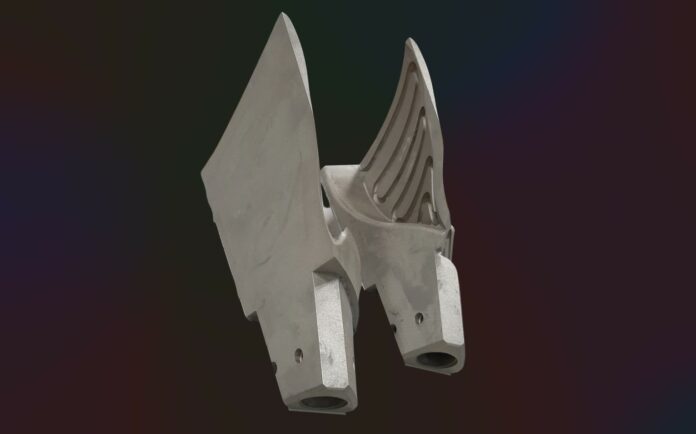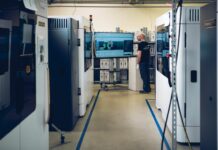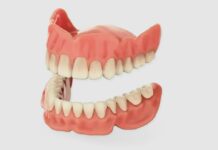Referred to in the German standard as 1.4021 or 1.2083, the material AISI 420 steel can now be processed by additive manufacturing. The recipe for this material has been given by machine manufacturer AddUp, that will enable tooling manufacturers to produce more molds using all FormUp® 350 New Generation Powder Bed Fusion (PBF) machines from the manufacturer.
We may see first applications of this material within German tool manufacturers as the announcement follows the recent of installation a FormUp 350 New Generation PBF machine at the WBA (Aachener Werkzeubau Akademie GmbH) and the launch of a new industrial 3D printer.
This stainless steel is commonly used to manufacture molds for plastic injection molding, as it has both high mechanical strength and good corrosion resistance, AddUp explains. The new material completes a portfolio that already includes 316L stainless steel and Maraging 300 (M300) steel.
“Unlike alloys specially designed for additive manufacturing, which require users to invest in developing suitable post-processing, we offer here a widely used grade,” explains Frédéric Sar, Materials Manager at AddUp. “With AISI 420, the post-printing operations are identical to those of parts produced by forging. Existing solutions in heat treatments, surface treatments, machining settings, and insert grades are directly applicable to printed parts.”
AddUp explains that manufacturers can achieve specific properties using a wide range of treatments. For example, the “quenching/tempering” type heat treatments already available for raw 420 steel allow printed parts to display tensile strength characteristics in the range of 1350 to 1980 MPa, with elongation at break values of 2 to 10%, depending on the tempering temperature. And, standard surface treatments, such as nitriding, can significantly increase the surface hardness of parts after machining. Finally, the AISI 420 alloy does not contain cobalt or nickel, making it compatible with the requirements of the REACH directive, a press release states.
Significant gains are expected, both in terms of productivity and part quality, as demonstrated by a project already completed with AISI 420 for the Siebenwurst Group, the company concludes.
Remember, you can post free of charge job opportunities in the AM Industry on 3D ADEPT Media or look for a job via our job board. Make sure to follow us on our social networks and subscribe to our weekly newsletter : Facebook, Twitter, LinkedIn & Instagram ! If you want to be featured in the next issue of our digital magazine or if you hear a story that needs to be heard, make sure to send it to contact@3dadept.com






